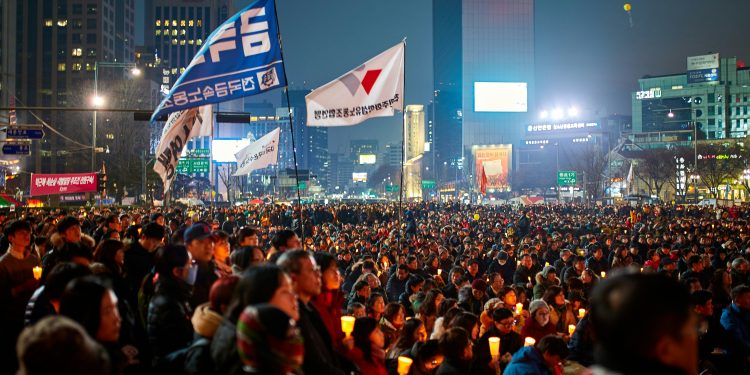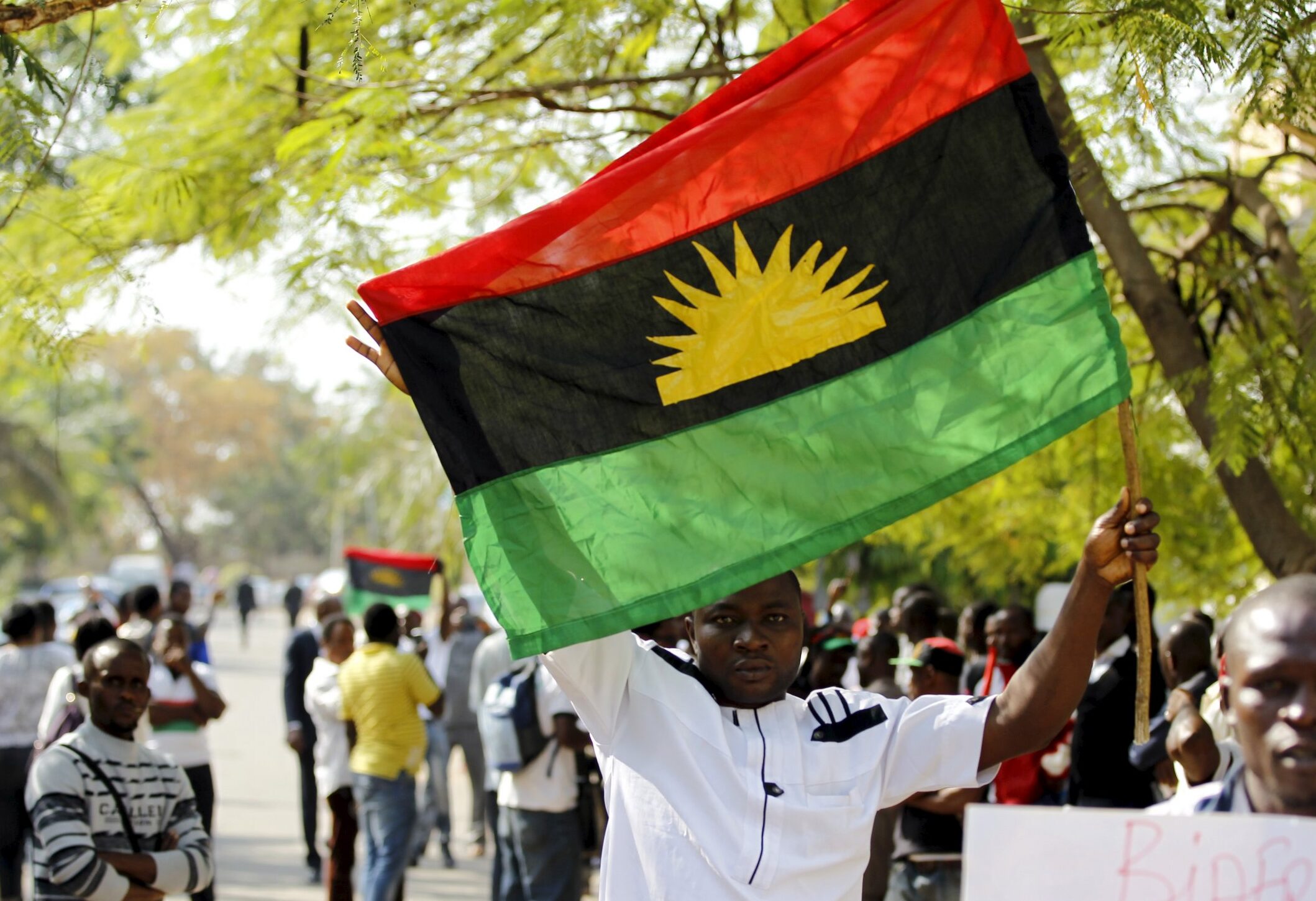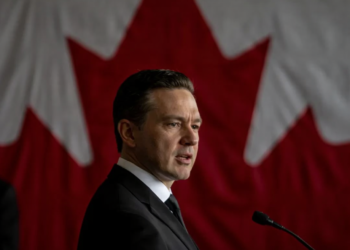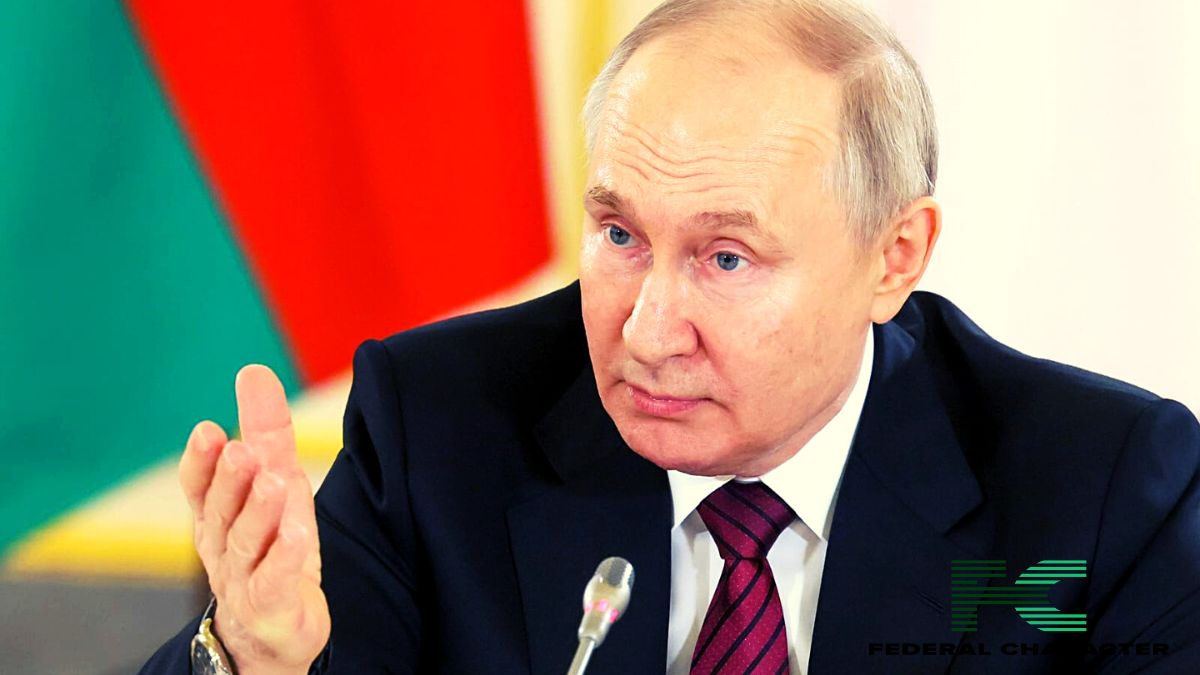South Korea’s newly inaugurated President Lee Jae-myung pledged to restore democracy and revitalize the economy Wednesday, following his decisive victory in Tuesday’s snap election. The liberal leader, who secured 49.42% of votes—the highest turnout since 1997—assumed office immediately, inheriting a nation still reeling from former President Yoon Suk Yeol’s failed martial law attempt and facing rising global protectionism.
Lee’s first acts focused on urgent economic relief, targeting middle-class households and small businesses while preparing for high-stakes trade talks with the U.S. His pro-market agenda spurred a 2% surge in the KOSPI index, with renewable energy stocks rallying on his green energy pledges. The White House’s pending auto and steel tariffs loom as an immediate challenge, compounded by Donald Trump’s aggressive trade policies.

While reaffirming South Korea’s “ironclad” U.S. security ties—praised by Secretary of State Marco Rubio—Lee signaled a pragmatic shift toward China and North Korea. “Peace with no need to fight is the best security,” he declared, referencing tensions with Pyongyang. His nomination of four-term lawmaker Kim Min-seok as prime minister, who predicted Yoon’s martial law move months in advance, underscores his reformist agenda.
The Lee administration is now tasked with balancing a delicate geopolitical tightropes, valuing China as a key trade partner on one hand, while cautiously navigating Taiwan Strait disputes. Though the White House commended South Korea’s election integrity, it reiterated concerns about Chinese interference—a stance that may test Lee’s balanced diplomacy. Analysts warn his conciliatory approach to Beijing could strain relations with Washington amid ongoing trade negotiations.

















